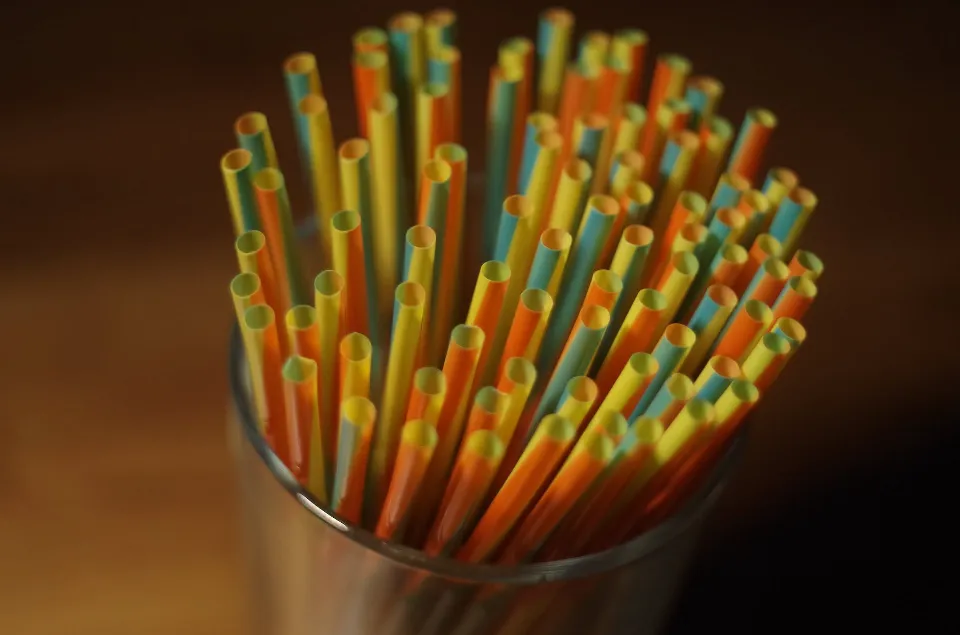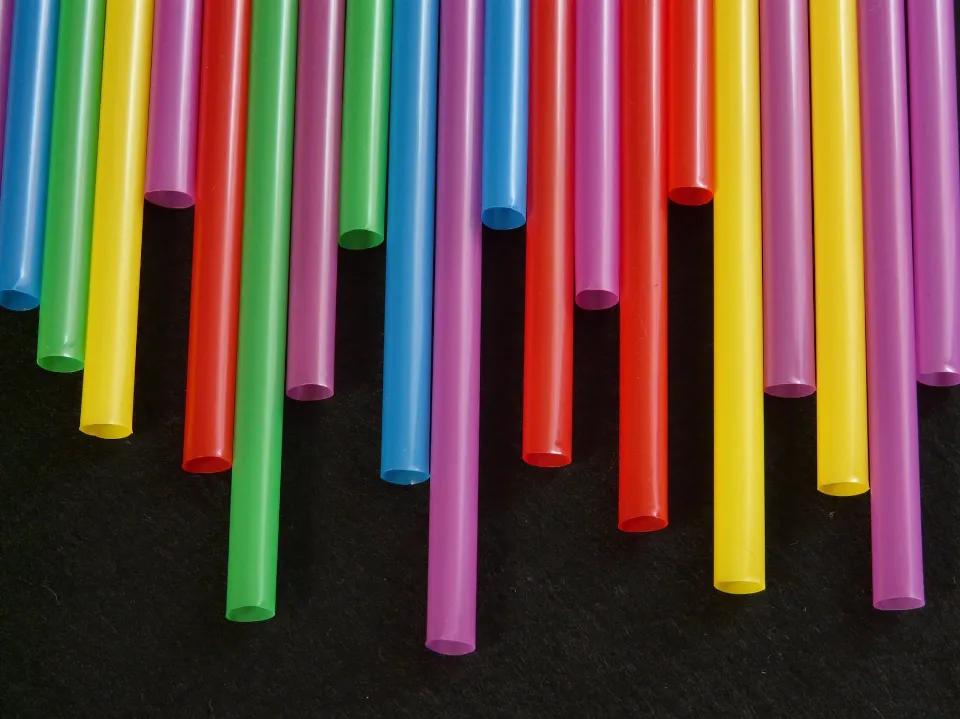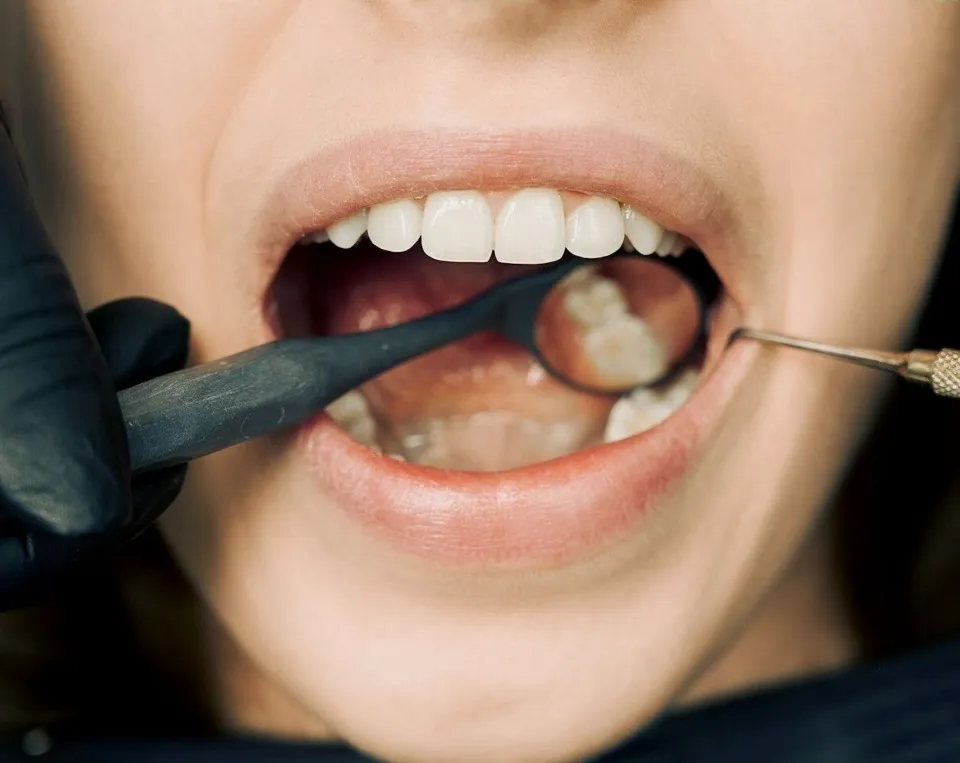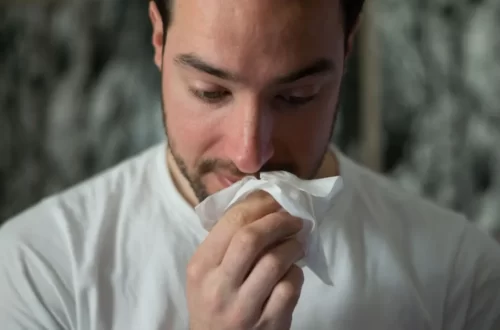
When Can I Use A Straw After Wisdom Teeth Removal?
You should refrain from using straws for at least a week after having your wisdom teeth removed in order to avoid dry socket. The sucking action may cause more bleeding because it may dislodge the blood clot.
This blog goes into great detail about how your body responds to tooth extractions and why it’s so important to adhere to this and all other post-operative instructions.
What Happens After a Tooth Extraction?

The physiological reaction to tooth extraction may differ depending on the characteristics of the surgical procedure, as some surgeries are more invasive than others. The recovery procedure, however, is very comparable in each case. The body will respond as it would to any other traumatic event because dental surgery leaves a wound.
The moment the surgeon removes the tooth, blood begins to fill the empty socket. The blood starts to thicken after a while and eventually forms a blood clot. Unfortunately, despite being essential to the healing process, this blood clot can easily come loose from the empty tooth socket. Although oral surgeons typically choose to stitch the wound to avoid this inconvenience, patient cooperation is still essential to prevent postoperative complications.
Read More: How to Sleep After Wisdom Teeth Removal
Why Can’t I Use a Straw After Surgery?
So using a straw to drink can easily remove this blood clot due to the suction it creates. As mentioned before, this clot is vital as it has two primary purposes:
Stop uncontrolled bleeding: this clot stops the bleeding that is inevitably caused by oral surgery. You might need to go to the emergency room if the bleeding doesn’t stop on its own if it becomes dislodged and the socket starts bleeding once more. If you experience uncontrolled bleeding, don’t be afraid to get in touch with us or go to the ER!
Avoid dry sockets: the blood clot also protects the remaining bone tissue from getting infected by bacteria. Dry socket or alveolar osteitis, also known as this infection, is extremely painful and necessitates immediate dental care. After an extraction, if you experience any pain, call the office as soon as you can. Dry sockets can take a few weeks to heal on their own without medication or dental care.
Read More: What to Do Before Wisdom Teeth Removal

Other Post-Operative Recommendations
Besides avoiding straws, there are other instructions that you should follow after oral surgery to prevent further inconveniences:
- 45 minutes after the appointment, chew on a gauze pad. As soon as it gets wet, replace it.
- For 24 hours following surgery, refrain from spitting or rinsing.
- When brushing close by, exercise extra caution.
- Follow the oral surgeon’s medication recommendations.
- Your tongue and fingers should not touch the surgical site.
- For the first 48 hours, place ice packs on the cheekside, where the surgery was performed, to prevent severe swallowing (20 minutes on, 10 minutes off).
- At least 48 hours after surgery, quit smoking.
- Pick soft foods that are best served cold or warm. The ideal option is ice cream!
- After surgery, refrain from heavy lifting and exercise for at least three to four days.
How Many Days After Extraction Can I Use a Straw?

Usually, a minimum of 24 hours is recommended before you decide to have a drink out of straw; however, the cells in charge of healing begin to work after the second or third day. In fact, refrain from spitting, smoking, or engaging in any other activity that induces a sucking motion. You can prevent dry socket and a great deal of discomfort by refraining from sucking.
Your age and medical background also have an impact on the healing process, so your dentist might give you different instructions.
When Can I Stop Worrying About Dry Socket?
Dry socket is the most common complication patients experience after having teeth extracted; it means that bone was exposed because of an absent blood clot and can be quite painful. The good news is that avoiding particular activities will help you prevent dry socket. These include smoking, using harsh cleaning agents, consuming hot drinks, and using straws.
You can stop stressing about the dreaded dry socket once your mouth has fully recovered.
Conclusion
One of the most crucial things when it comes to tooth removal is knowing how to prevent dry socket if you’ve been experiencing pain from your wisdom teeth and believe you might need to have them extracted or are already scheduled for a removal.
Wait three days before using a straw once more to avoid these possible risks. There are some precautions that must be followed while you wait in order for your teeth to heal properly and prevent the possibility of further damage or discomfort.
For the duration of your recovery, refrain from using a straw in order to prevent further irritation of your wound. While waiting for the bleeding to stop completely, try taking medication if necessary and eating soft foods without chewing too much.
FAQs
What Happens If I Accidentally Use a Straw After Wisdom Teeth?
After a tooth extraction, many dentists advise their patients to avoid sucking through a straw in order to avoid displacing the blood clot. A painful condition known as dry socket, which mostly happens with lower molar extractions, could result from such dislodgment.
When Can I Stop Worrying About Dry Socket?
You risk developing a dry socket if you don’t adhere to the care instructions until your extraction site has fully healed. You can typically stop worrying about a dry socket a week (or 7-8 days) after having your wisdom teeth removed because it takes this long for the gums to completely close.
How Long After Wisdom Teeth Removal Can I Eat Rice?
You may eat things like rice and pasta. After a week, you can also begin very gently brushing the extraction sites. Once you’ve finished brushing your other teeth as usual, gently brush the area to get rid of any food or other debris.





Average Rating